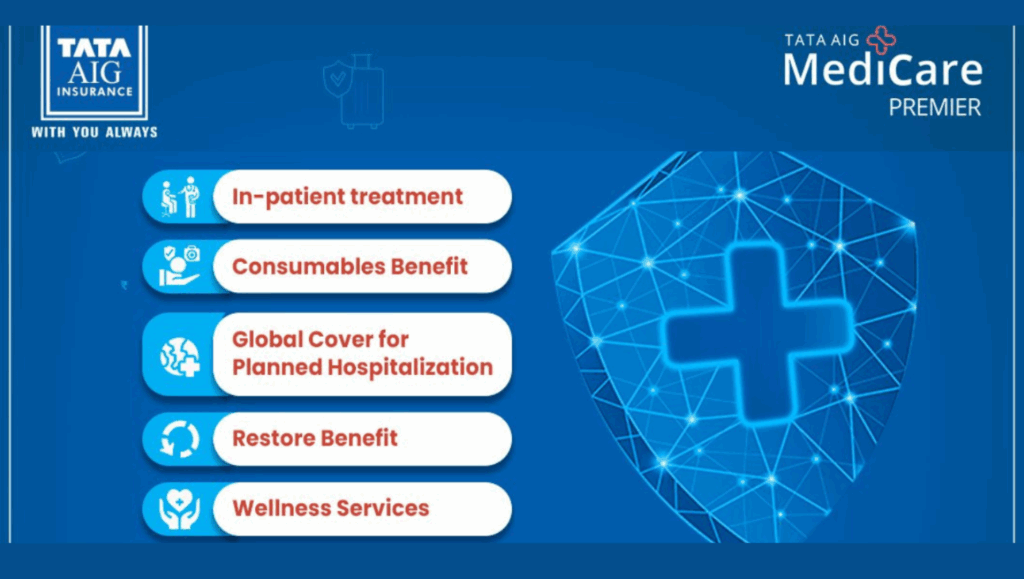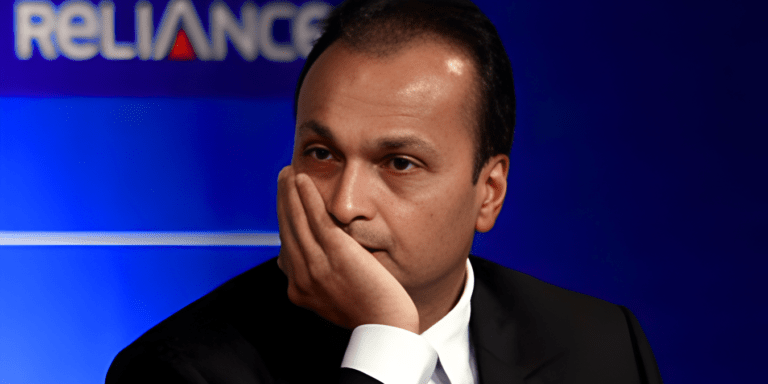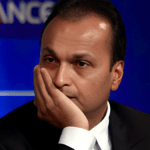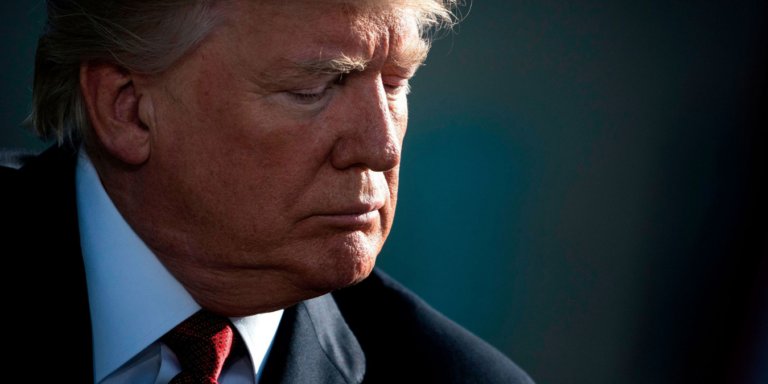
“Supreme Court rules employers CAN’T recover excess salary payments if no fraud is proven! Learn how this landmark judgment protects employees, impacts HR policies, and prevents wrongful recoveries. Essential read for employers & employees under Indian labour laws. #EmployeeRights “
In a landmark judgment delivered on April 4, 2025, the Supreme Court of India has once again reinforced the principles of equity and fairness in service law. The ruling states that excess payments made to employees cannot be recovered by employers if there was no fraud or misrepresentation on the employee’s part. This decision, stemming from the case Jogeswar Sahoo & Others vs. The District Judge, Cuttack & Others, has far-reaching implications for employees, employers, and the legal framework governing service disputes in India. For professionals, HR managers, and employees across the country, this judgment provides clarity on employee rights and employer obligations under Indian labor laws.
In this comprehensive blog post, we’ll dive into the details of the Supreme Court ruling on excess payments, explore its legal basis, analyze its impact on employees and employers, and provide actionable insights for navigating such situations. Whether you’re an employee seeking to understand your rights or an employer aiming to comply with service law in India, this guide will equip you with the latest information and practical knowledge.
Understanding the Supreme Court Ruling on Excess Payments
What the Judgment Says
The Supreme Court, in its April 2025 ruling, reiterated a long-standing principle: employers cannot recover excess payments made to employees if those payments were not a result of fraud or misrepresentation by the employee. The case involved stenographers and personal assistants from the Odisha District Judiciary who received financial benefits following retrospective promotions based on the Shetty Commission recommendations. Years after their retirement, the authorities sought to recover amounts ranging from ₹20,000 to ₹40,000, claiming the payments were erroneous. The employees challenged this in the Orissa High Court, which dismissed their plea, prompting an appeal to the Supreme Court.
The apex court, presided over by Justices Pamidighantam Sri Narasimha and Prashant Kumar Mishra, quashed the recovery orders, emphasizing that such actions were unsustainable in law. The court highlighted that the employees had not engaged in any fraudulent activity or misrepresented facts to receive the excess payments. Instead, the overpayments resulted from an administrative error—an incorrect interpretation of rules by the employer. The judgment also underscored the absence of a hearing before the recovery orders were issued, violating principles of natural justice.
Key Takeaways from the Ruling
- No Fraud, No Recovery: If excess payments are made due to an employer’s mistake—such as misinterpreting rules or miscalculating pay—and not due to employee misconduct, recovery is not permissible.
- Equity Over Rights: The court grants relief against recovery not as a legal right of the employee but as an equitable measure to prevent undue hardship.
- Time Limits Matter: Recovery attempts years after payment, especially post-retirement, are deemed unjust unless fraud is proven.
- Natural Justice: Employees must be given an opportunity to be heard before any recovery is ordered.
This ruling aligns with previous Supreme Court decisions, such as State of Punjab v. Rafiq Masih (2015) and Thomas Daniel v. State of Kerala (2022), reinforcing a consistent judicial stance on protecting employees from arbitrary recovery actions.
Legal Foundation of the Ruling
Precedents Supporting the Decision
The Supreme Court’s 2025 ruling builds on a robust body of case law that prioritizes fairness in employment disputes. Some notable precedents include:
- Sahib Ram v. State of Haryana (1995): The court held that excess payments due to an employer’s error cannot be recovered unless the employee knowingly accepted undue benefits.
- Shyam Babu Verma v. Union of India (1994): Recovery was disallowed when payments were made without employee fault, especially after a significant time lapse.
- State of Punjab v. Rafiq Masih (2015): This case outlined specific scenarios where recovery is impermissible, such as from Class III/IV employees, retirees, or when payments spanned over five years.
In the Jogeswar Sahoo case, the court applied these principles, noting that the appellants were Class III employees (stenographers), had retired, and the payments were made over six years before recovery was sought. The absence of fraud or misrepresentation further strengthened their case.
Constitutional and Equitable Considerations
The ruling also reflects constitutional values under Article 14 (equality before the law) and Article 300-A (right to property). Recovering excess payments from retirees or low-ranking employees without statutory backing or due process could infringe on their fundamental rights. The court’s emphasis on equity—rather than strict legal entitlement—highlights its intent to balance employer rights with employee welfare, a cornerstone of Indian labor jurisprudence.
Implications for Employees in India
Strengthening Employee Rights
For employees across India, this Supreme Court ruling on excess payments is a significant victory. It offers protection against unexpected financial burdens, particularly after retirement when income sources are limited. Key benefits for employees include:
- Financial Security: Retirees can rest assured that pensions or retiral benefits won’t be clawed back due to administrative errors made years ago.
- Protection from Arbitrary Action: Employers cannot unilaterally impose recovery without proving employee misconduct.
- Clarity on Accountability: Employees are not held liable for mistakes beyond their control, such as payroll errors or rule misinterpretations.
This is especially relevant for government employees, who often face pay fixation disputes due to complex service rules. The ruling ensures that Class III and IV employees—typically in clerical or support roles—are not disproportionately penalized.
Scenarios Where Recovery Is Still Possible
While the judgment favors employees, it’s not an absolute shield. Recovery may still be ordered if:
- The employee knowingly accepted excess payments they were not entitled to.
- The error is detected and corrected within a short timeframe (e.g., within a year).
- Fraud or misrepresentation is proven with evidence.
Employees should remain vigilant about their pay slips and service conditions to avoid unintentional disputes.
Implications for Employers in India
Compliance Challenges
For employers, particularly in the public sector, this ruling poses compliance and administrative challenges. HR departments and payroll teams must ensure accuracy in pay fixation to avoid future disputes. Key takeaways for employers include:
- Accurate Record-Keeping: Errors in pay calculation or rule interpretation can lead to irrecoverable losses if not addressed promptly.
- Timely Audits: Regular payroll audits can help detect overpayments early, allowing recovery within permissible timeframes.
- Due Process: Any recovery attempt must follow natural justice principles, including notice and a hearing.
Balancing Rights and Responsibilities
Employers retain the right to recover excess payments in cases of fraud or misrepresentation, but the burden of proof lies with them. This necessitates robust internal controls and documentation to substantiate claims if disputes arise. For private sector employers, while this ruling directly applies to government employees, it sets a persuasive precedent that could influence labor law interpretations in corporate settings.
Practical Insights: Navigating Excess Payment Disputes
For Employees
- Review Pay Slips Regularly: Cross-check your salary, allowances, and benefits against applicable rules to spot discrepancies early.
- Document Communications: Keep records of all correspondence with your employer regarding pay or promotions.
- Seek Legal Advice: If faced with a recovery notice, consult a labor law expert to assess your rights under this ruling.
- Know Your Category: Class III/IV employees and retirees have stronger protections, so understand your employment status.
For Employers
- Train HR Teams: Equip payroll staff with knowledge of service rules to minimize errors.
- Implement Checks and Balances: Use automated systems to flag overpayments before they escalate.
- Act Promptly: Address overpayment issues within a reasonable timeframe to retain recovery rights.
- Follow Legal Protocols: Issue notices and hold hearings before initiating recovery to comply with natural justice.
Broader Impact on Service Law in India
Reinforcing Equity in Employment
This Supreme Court ruling on excess payments underscores India’s commitment to equitable treatment in employment. It aligns with the country’s labor laws, such as the Payment of Wages Act, 1936, and the Industrial Disputes Act, 1947, which prioritize worker welfare. By shielding employees from the fallout of administrative errors, the judiciary ensures that the burden of accountability rests with those in control—employers and authorities.
Influence on Future Cases
The Jogeswar Sahoo judgment will likely serve as a benchmark for future service law disputes. Courts across India may rely on it to quash recovery orders in similar circumstances, particularly for low-ranking or retired employees. It also signals to policymakers the need for clearer guidelines on pay fixation and recovery mechanisms to prevent litigation.
The Odisha Judiciary Dispute
To illustrate the ruling’s real-world impact, let’s examine the facts of the Jogeswar Sahoo case:
- Background: The appellants, stenographers and personal assistants, received retrospective promotions and financial benefits in 2009 based on the Shetty Commission’s recommendations.
- Recovery Attempt: In 2015, post-retirement, the authorities ordered recovery of ₹20,000–₹40,000, citing an erroneous interpretation of the commission’s guidelines.
- Legal Battle: The Orissa High Court upheld the recovery in 2023, but the Supreme Court reversed this on April 4, 2025.
- Outcome: The recovery was deemed illegal, and the appellants were spared financial hardship.
This case highlights the vulnerability of retirees and the importance of timely administrative action. It also showcases the Supreme Court’s role as a guardian of employee rights in India.
A Win for Fairness in Employment
The Supreme Court’s April 2025 ruling on excess payments is a testament to India’s evolving labor jurisprudence. By barring recovery in the absence of fraud or misrepresentation, the court has prioritized employee welfare while holding employers accountable for their administrative lapses. For employees, it’s a shield against financial distress; for employers, it’s a call to strengthen payroll systems and compliance.
As India marches toward a more equitable workplace, this judgment serves as a reminder that fairness—not just legality—defines justice in employment disputes. Whether you’re an employee navigating a recovery notice or an employer refining HR policies, staying informed about this ruling is crucial.
-

Samsung Galaxy S26 vs S26+ vs S26 Ultra: Which Samsung Flagship Gives Better Value for Money
-
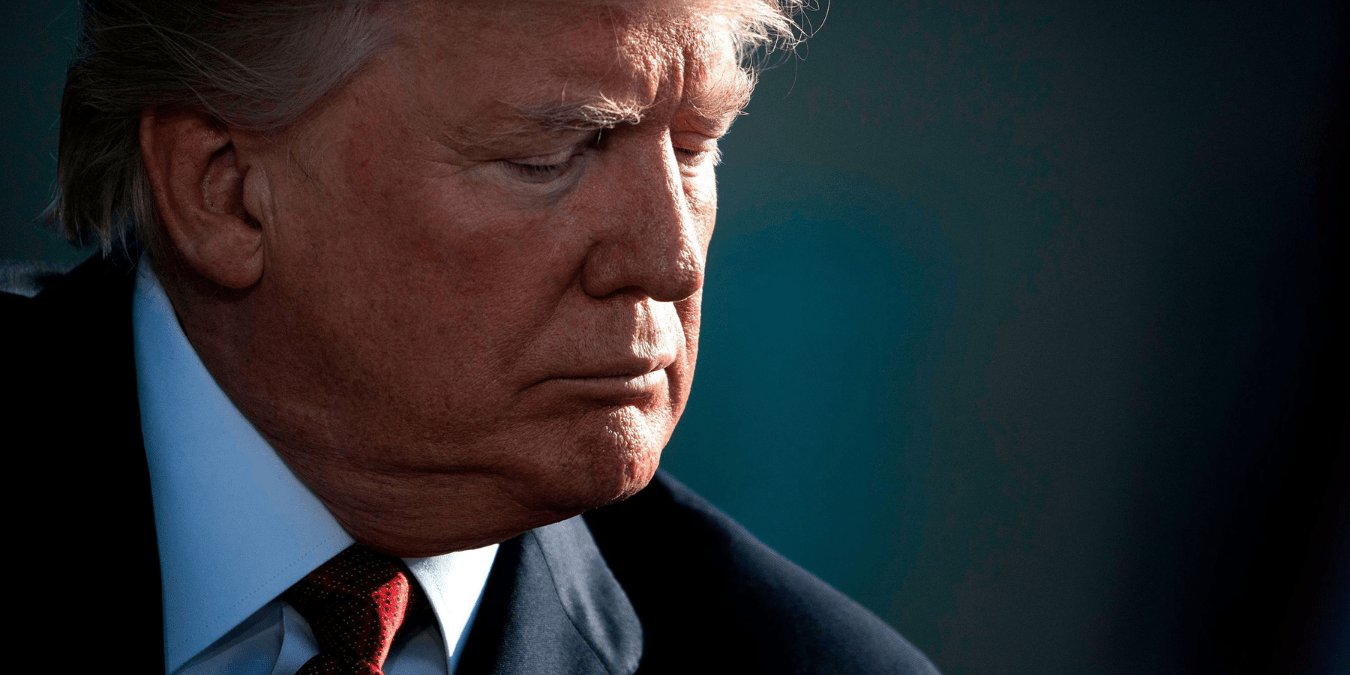
5 Key Takeaways from Trump’s 2026 State of the Union Address — What It Really Means for You
-

Angel One Fixes February 26 Record Date for 1:10 Split: Share Price Reaction
-
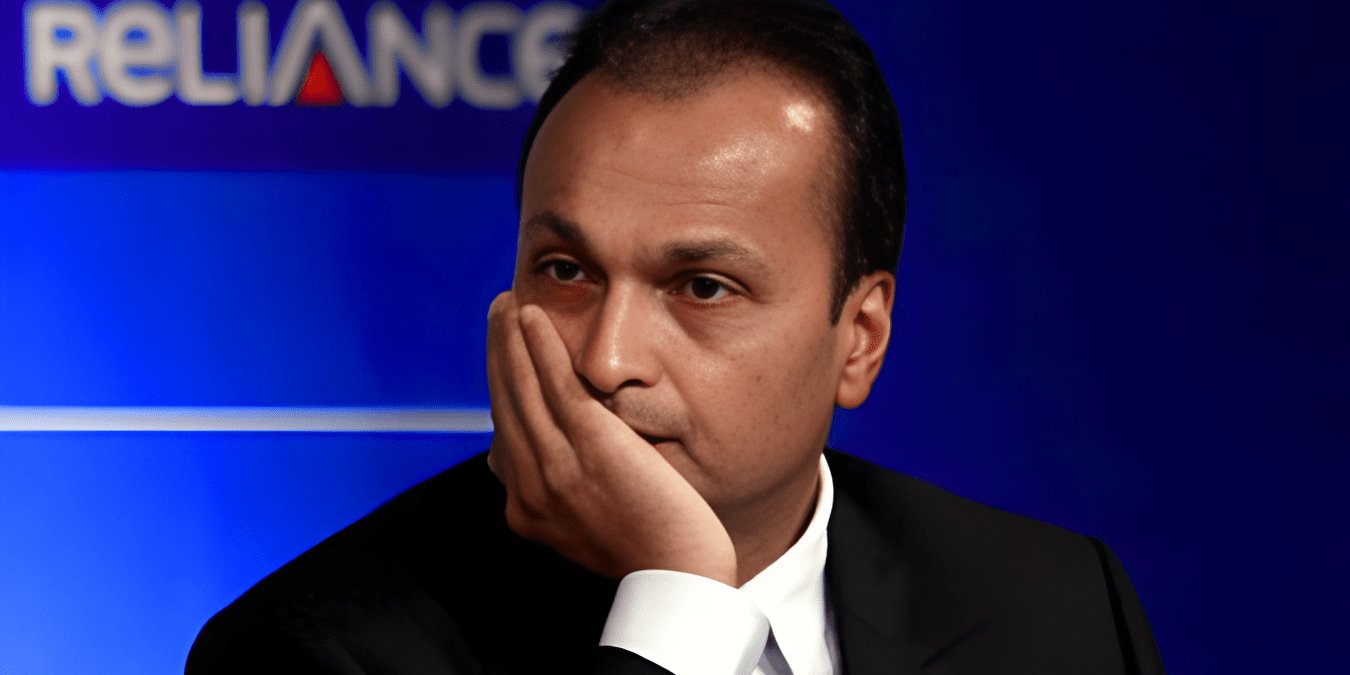
Inside Anil Ambani’s 17-Storey Pali Hill “Abode”: How a Rs 3,716-Crore Mansion Landed in a Money Laundering Case







